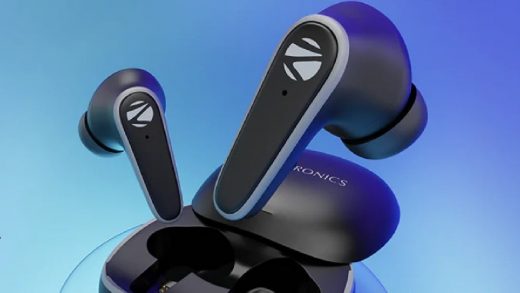
Honda Motor aims to double the driving range of electric vehicles (EVs) by late 2020s using all-solid-state battery technology. Keiji Otsu, President of Honda R&D, announced this information at a press conference in Tochigi, Japan. The innovative battery technology promises significant advancements in EV efficiency, safety, and cost-effectiveness. A pilot production line for these batteries, set to begin operations in January 2025, is under development in Tochigi, backed by a £277 million investment, almost half of which is funded by government subsidies.
Pilot Facility and Targets
The Tochigi facility, described as a crucial step towards mass production, will focus on refining battery manufacturing processes. Honda targets a 50 percent reduction in battery size, a 35 percent weight reduction, and a 25 percent cost decrease over the next five years. These improvements align with Honda’s broader strategy of producing over two million electric vehicles annually by 2030 while achieving a complete transition to electric and fuel-cell vehicles by 2040.
Solid-State Battery Potential
Solid-state batteries are expected to replace conventional liquid-state lithium-ion batteries. They promise longer range, faster charging, and improved durability. Honda projects a potential 2.5-fold increase in driving range by the 2040s, marking a shift in EV capabilities. According to Otsu, this technology addresses long-standing challenges in battery performance and reliability, signalling a shift in the automotive industry.
Industry Context and Collaboration
Honda’s announcement comes amidst intense competition in the development of solid-state batteries. Nissan Motor is also working on a similar technology, with plans to launch a pilot line in March 2025. Honda has hinted at possible collaborations in material procurement and technology sharing. Toyota Motor is another key player in this space, targeting commercialisation by 2027–28.



